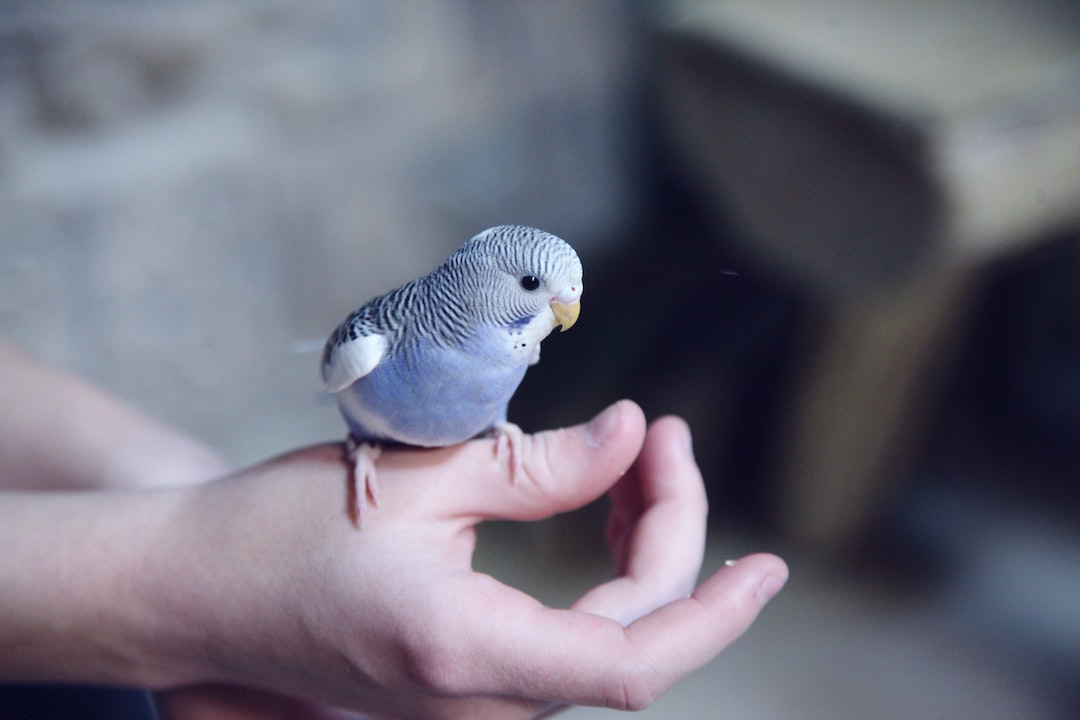10 Essential Tips for Training Your New Puppy
Bringing a new puppy into your home is an exciting and joyful experience. However, it also comes with a great responsibility – training your new furry friend. Proper training is crucial in ensuring that your puppy grows up to be well-behaved, obedient, and a valued member of your family. Here are 10 essential tips to help you successfully train your new puppy:
1. Start Early: The earlier you start training your puppy, the better. Puppies have a short attention span, so it’s important to start their training as soon as you bring them home. This will help establish good habits and prevent any unwanted behaviors from developing.
2. Be Consistent: Consistency is key when it comes to training your puppy. Use the same commands and reward system every time. This will help your puppy understand what is expected of them and they will learn much faster.
3. Use Positive Reinforcement: Positive reinforcement is the most effective method of training for puppies. Reward your puppy with treats, praise, and affection for good behavior. This will create a positive association and motivate them to repeat the desired behavior.
4. Use Simple Commands: Start with simple commands such as sit, stay, and come. These commands are easy for puppies to understand and master. Gradually introduce more complex commands as your puppy progresses in their training.
5. Keep Training Sessions Short: Puppies have short attention spans, so it’s important to keep training sessions short and frequent. Aim for 5-10 minutes sessions multiple times a day. This will help keep your puppy engaged and prevent them from getting bored or overwhelmed.
6. Socialize Your Puppy: Proper socialization is essential for your puppy’s development. Introduce them to different people, animals, and environments from a young age. This will help them become well-adjusted and confident in various situations.
7. Be Patient: Training a puppy takes time and patience. Remember that your puppy is learning and it may take some time for them to understand and obey your commands. Stay calm, be patient, and never punish your puppy for not getting it right immediately.
8. Set Boundaries: Establish clear boundaries within your home. Use baby gates or crate training to limit your puppy’s access to certain areas. This will help prevent accidents and chewing on furniture or household items.
9. Supervise and Secure: Always supervise your puppy, especially in the early stages of training. Keep them on a leash when going for walks or in unfamiliar environments. Secure your backyard or any open spaces to prevent them from running off.
10. Seek Professional Help if Needed: If you’re having trouble training your puppy or are unsure how to proceed, don’t hesitate to seek professional help. A professional dog trainer can provide valuable guidance and tailor a training plan that suits your puppy’s specific needs.
In conclusion, training your new puppy is an essential part of being a responsible pet owner. By starting early, being consistent, using positive reinforcement, and setting clear boundaries, you can ensure that your puppy grows into a well-behaved and happy dog. Remember to be patient and seek professional help if needed. With time, love, and proper training, your new puppy will become a cherished member of your family.
